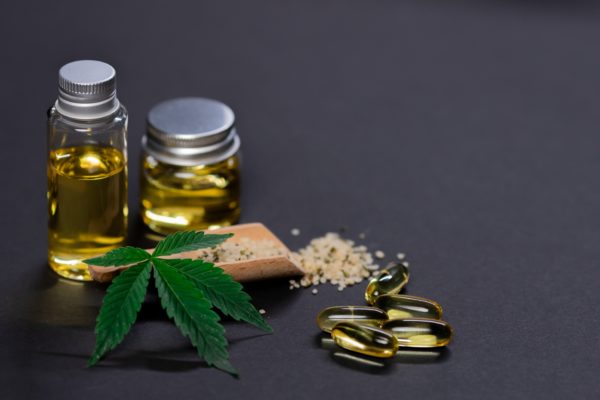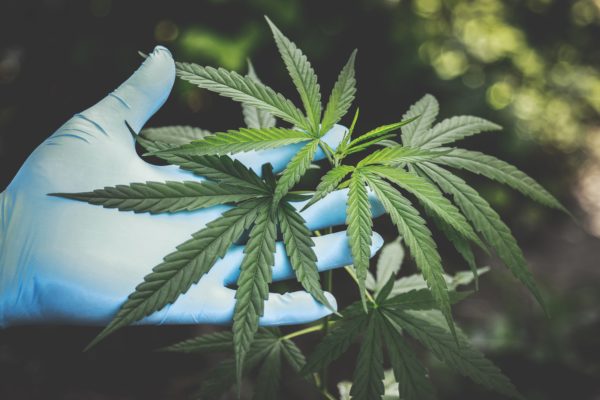Hemp has been used by humans for centuries, with the first evidence of its harvesting dating back to 8,000 BCE. The plant was likely introduced to China soon afterward, where it was used for a variety of purposes including rope, clothes, and paper. Hemp became such an important crop that it was often referred to as “yellow gold.”

Not only did hemp provide food and shelter for early humans, but it also served as an essential material for many everyday objects.
Today, hemp is still widely used around the world. In addition to its traditional uses, hemp is now being developed for use in a variety of new products including biofuels, building materials, and even pharmaceuticals. As we continue to learn more about this amazing plant, it’s clear that the possibilities for hemp are endless!
The Difference Between Hemp and Cannabis Plants
It’s important to note that hemp is not the same as cannabis, although both plants are from the same species of plant. Hemp has a much lower concentration of the psychoactive compound THC than marijuana, which makes it unsuitable for recreational use but safe for industrial purposes.

Hemp also has an impressive range of benefits, including its fast growth rate and ability to be grown without the use of pesticides or other harmful chemicals. Many countries now recognize these unique qualities and have developed regulations around growing hemp and using it in commercial products. As we continue to explore this versatile crop, it’s clear that hemp will remain an essential part of human life well into the future.
Benefits Of Hemp For Medical Reasons
In recent years, hemp has seen a resurgence in the medical community. Research into the plant’s effects on the human body has revealed multiple areas where hemp may be beneficial for health. For example, cannabidiol (CBD) is a natural compound found in hemp that has been shown to reduce anxiety, improve sleep quality, and even relieve pain from inflammation.
Moreover, CBD is being studied as an anti-seizure medication and has been approved by the FDA as an orphan drug for treating two severe forms of epilepsy. Hemp oil also contains omega-3 fatty acids which are essential for good health but difficult to obtain through typical diets. As more research emerges on hemp’s potential benefits, it’s likely that we will uncover even more applications for the plant.
Hemp – A Sustainable Resource For The Future
Not only is hemp a valuable source of medicine, nutrition, and materials, but it’s also an eco-friendly crop that can help to reduce our dependence on fossil fuels. Hemp absorbs large amounts of carbon dioxide while it grows, making it an ideal resource for combating climate change. As more countries recognize the importance of sustainability in the modern world, hemp will undoubtedly become an integral part of their green and future initiatives.

